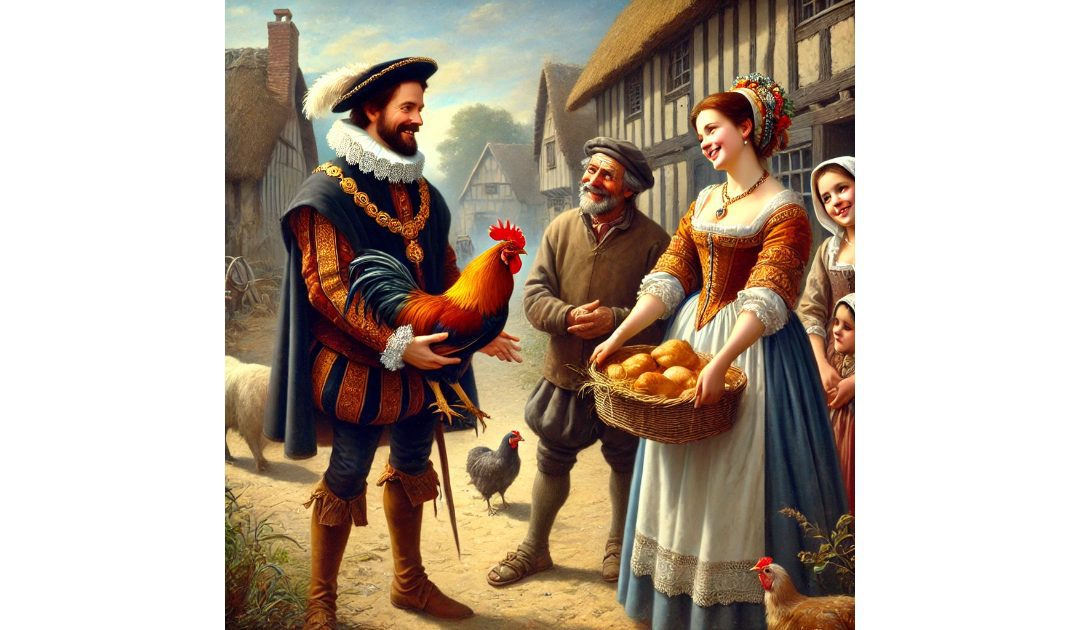On the 27th February 1594, Henry of Navarre was crowned at Chartres Cathedral. He is the only French monarch to have been crowned there, because Reims and Paris were occupied by the Catholic League.
Henry of Navarre (1553 – 1610), later known as Henry IV of France, was one of the most significant monarchs in French history. As the first king of the Bourbon dynasty, he is best remembered for ending the bloody French Wars of Religion, converting to Catholicism to secure his throne, and issuing the Edict of Nantes (1598), which granted religious tolerance to Protestants.
Henry was born on the 13th of December, 1553, in Pau, Navarre, into a turbulent France divided by religious conflict between Catholics and Huguenots (French Protestants). As the son of Antoine de Bourbon and Jeanne d’Albret, Queen of Navarre, he was raised as a Protestant.
During the French Wars of Religion (1562 – 1598), Henry became a leading figure for the Huguenots. In 1572, he married Margaret of Valois, sister of King Charles IX, in an attempt to reconcile Catholics and Protestants. However, days after the wedding, thousands of Huguenots were massacred in the infamous St. Bartholomew’s Day Massacre. Henry survived by temporarily converting to Catholicism, but he later escaped and returned to Protestantism.
In 1589, after the assassination of Henry III, Henry of Navarre became the rightful heir to the French throne as Henry IV. However, France was still deeply divided, and many Catholics refused to accept a Protestant king. For years, he fought the Catholic League for control of France.
Realising that religious unity was necessary to secure his reign, he famously converted to Catholicism in 1593, allegedly saying, “Paris is well worth a Mass.” This pragmatic decision allowed him to be crowned in 1594, bringing much-needed stability to the kingdom.
To end religious conflict, Henry issued the Edict of Nantes (1598), granting Huguenots the right to worship and fortify certain cities. This historic decree made him one of the first European rulers to promote religious tolerance.
Henry IV also worked to rebuild France after decades of war. He restored the economy by encouraging agriculture, trade, and infrastructure projects. He supported colonisation efforts, including early French settlements in Canada. His famous statement, “A chicken in every pot,” reflected his desire to improve the lives of ordinary people.
Despite his popularity, Henry IV faced resistance from radical Catholics. On the 14th of May, 1610, he was assassinated in Paris by François Ravaillac, a Catholic extremist, which is the subject of The Suggested Assassin, the third book in the Sir Anthony Standen Adventures.

